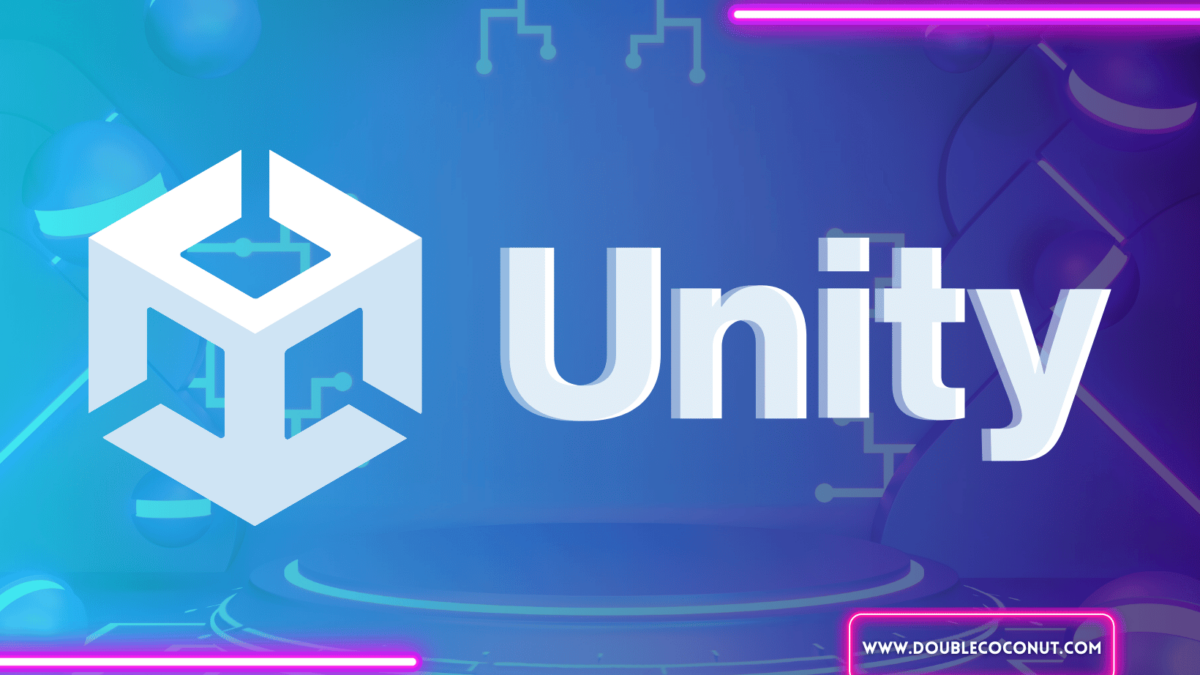
Play-to-Earn Games: Opportunities For Developers and Investors
October 8, 2024
2D vs 3D: Which Is Right for Your Next Game?
November 22, 2024When it comes to game development, the choice of engine can make or break a project. One engine that stands out is Unity. From indie creators to major studios, the Unity game engine is known for its flexibility, ease of use, and powerful capabilities, making it ideal for crafting all types of games—from mobile apps to innovative VR experiences.
Let’s dive into why the Unity game engine has become the go-to choice for professionals and explore how it compares to its main competitor, Unreal Engine.
Unreal vs Unity: Why Choose Unity Game Engine?
Unity is more than just a game engine—it’s a complete development ecosystem. Here’s why so many developers and businesses rely on it for professional-grade projects:
1. Cross-Platform Compatibility
One of Unity’s greatest strengths is its cross-platform support. This engine allows developers to create games that seamlessly run on multiple platforms, including iOS, Android, Windows, Mac, web and even consoles. For businesses and developers aiming to reach the broadest audience possible, Unity is the clear winner.
This adaptability is invaluable in an era where players want to access games across various devices. Games on the Unity engine perform consistently across platforms, which saves developers time while reaching more players worldwide.
2. User-Friendly Design and Learning Curve
Unity is powerful and yet easy for a team of a senior developer, junior developer, technical artists, animators, and artists to all work together. It is robust enough for complex projects such as multiplayer games or blockchain games, making it perfect for teams of any size.
For Double Coconut, Unity’s easy-to-use structure enables fast onboarding and efficient project management. This ease of use benefits our clients and partners who want a streamlined development process without sacrificing quality.
3. Strong Community and Extensive Support
Unity boasts a massive community. With millions of developers using Unity, there’s a wealth of knowledge and support available, from forums to tutorials. This community-driven support makes it easy for developers to find solutions, troubleshoot challenges, and exchange ideas.
Additionally, Unity offers a vast asset store, with ready-made assets, scripts, and tools. For studios like Double Coconut, this means quicker prototyping, shorter production timelines, and ultimately faster delivery for our clients.
4. Unity vs Unreal Engine: A Comparison

The debate between Unreal Engine vs Unity is long-standing in the gaming world. While Unreal Engine is known for its impressive graphics and is often favored for AAA titles, Unity stands out for its flexibility, user-friendliness, and multi-platform functionality, especially for casual games and more cartoony mid-core titles.
If photorealistic visuals are your top priority, Unreal might be the better choice. But for developers focused on 2D games, mobile development, or versatility across platforms, Unity often offers a better solution. Here’s a quick breakdown:
| Feature | Unity | Unreal |
| Ease of Use | Beginner-friendly | Steeper learning curve |
| Cross-Platform Compatibility | Wide range | Limited but strong |
| 2D Game Support | Excellent | Minimal support |
| Visual Quality | High, scalable | Superior for AAA games |
5. Efficient Development with Unity
Unity’s modular design allows developers to add or modify features without disrupting the entire system. This component-based approach is perfect for teams needing to test different ideas, iterate rapidly, or work in collaborative settings.
With Unity, teams can use tools like Unity Cloud Build to create builds often across all the platforms – without wasting precious developer’s time. Other features, like the Unity Test Framework, ensure smoother cycles, fewer bugs, and greater stability—all crucial for delivering polished results.
6. Beyond Games: VR, AR, and More
Unity’s flexibility extends beyond traditional games. It’s widely used in VR and AR applications, as well as interactive experiences in sectors like education and corporate training. If you’re looking to build immersive experiences, Unity offers specialized tools to help make those ideas a reality.
7. An Open Ecosystem with Endless Customization
Unity’s open API and compatibility with numerous plugins allow for extensive customization. This open environment makes it possible to integrate third-party tools and create unique features for each project. For teams like Double Coconut, this level of flexibility means we can tackle a wide range of projects with confidence.
With compatibility for various project management and version control systems, Unity also supports seamless team collaboration, which is essential for high-quality, timely results.
Why Double Coconut Chooses Unity
At Double Coconut, we’ve experienced firsthand how Unity empowers our projects. Unity’s adaptability, ease of use, and broad platform support allow us to take on diverse gaming projects with confidence. From fast prototyping to delivering polished games, Unity helps us meet client expectations and stay on schedule.
The Unity game engine lets us create compelling games across multiple platforms and streamline our development process—all while ensuring quality and engagement for players.
Final Thoughts: Why Unity Is the Professional’s Choice
The Unity game engine is popular for good reason—it’s powerful, flexible, and developer-friendly. For businesses and developers, Unity combines accessibility, scalability, and strong performance, making it an ideal choice for professional game development.
So, if you’re comparing Unity vs Unreal or simply exploring game engines, consider the strengths Unity brings to your project. At Double Coconut, we’re excited to continue creating innovative games on this powerful platform.
With Unity, there’s no limit to the games and experiences you can build. Let’s start creating.



